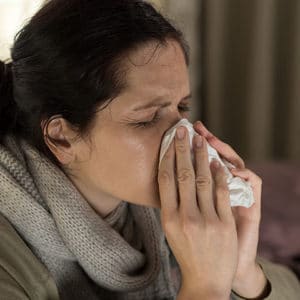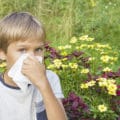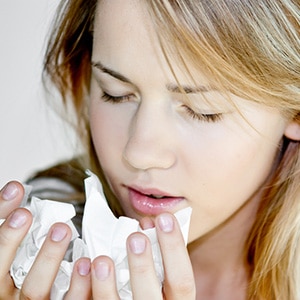
Be cautious about the stages of allergy outbreak
— November 30, 2017We often have an outbreak of skin rashes or allergy without any prior symptoms. According to the allergists, this may happen due to the interaction of our body with pollens, which travels inside the room through human breathing. And this increases rapidly during the fall or winter season as most of the plants pollinate during this time of the year and it finds a way to your bedroom and clothes even without your knowledge.
Understanding the type I reactions:
The allergy outbreaks, which happen immediately after engulfing or coming in contact with specific foreign particles or what the researchers commonly call allergens either through nose or mouth in the form of sneezing, coughing, or hives and skin allergy are known as “type I reactions” or “immediate hypersensitivity reactions.” Specifically, people allergic to pollen, animal dander, mold spores, dust mites are prone to the type I reaction which is quiet instant.
To know the symptoms of these hyper allergic reactions, one has to be alert about the stages of development of allergy in the body.
Stage I: sensitization phase
Generally, the typical allergens like pollen enter the mucous membrane of the nose or mouth and pass on to the respiratory tract. It is the task of the Immunoglobulin E (Ig E) to react to any foreign particle entering the body causing sensitivity which is deployed as allergy or rashes.
Stage II: preparative phase
IgE cells are present in tissues of the respiratory tract, gastrointestinal tract, and skin. These cells bound to the tissues are called mast cells. These mast cells are equipped with IgE molecules that specifically recognize a particular antigen. Once any foreign particle enters the body, these antibodies recognize the antigens that have entered our system.
Stage III: the battle phase
The reaction between antigen and antibody starts once the foreign particle enters the body and the immune cell bind to the antigen and there is when an outbreak of rashes occur. During this phase, histamine is released into the body. These chemicals produce inflammation, swelling, itching, redness, and other symptoms of common allergies.
Stage IV: late phase
Many people responses to delayed reaction due to the immune system and allergen reaction which may extend up to 24 hours.
Ways to prevent allergy:
Allergy can be prevented in a best possible by identifying the substance that causes outbreak by the aid of effective allergy testing methods and avoiding that particle. Whenever you experience a specific type of reaction every time, you come across a substance or eat a food item, consult a health physician to detect the actual cause of the problem.






Leave a reply